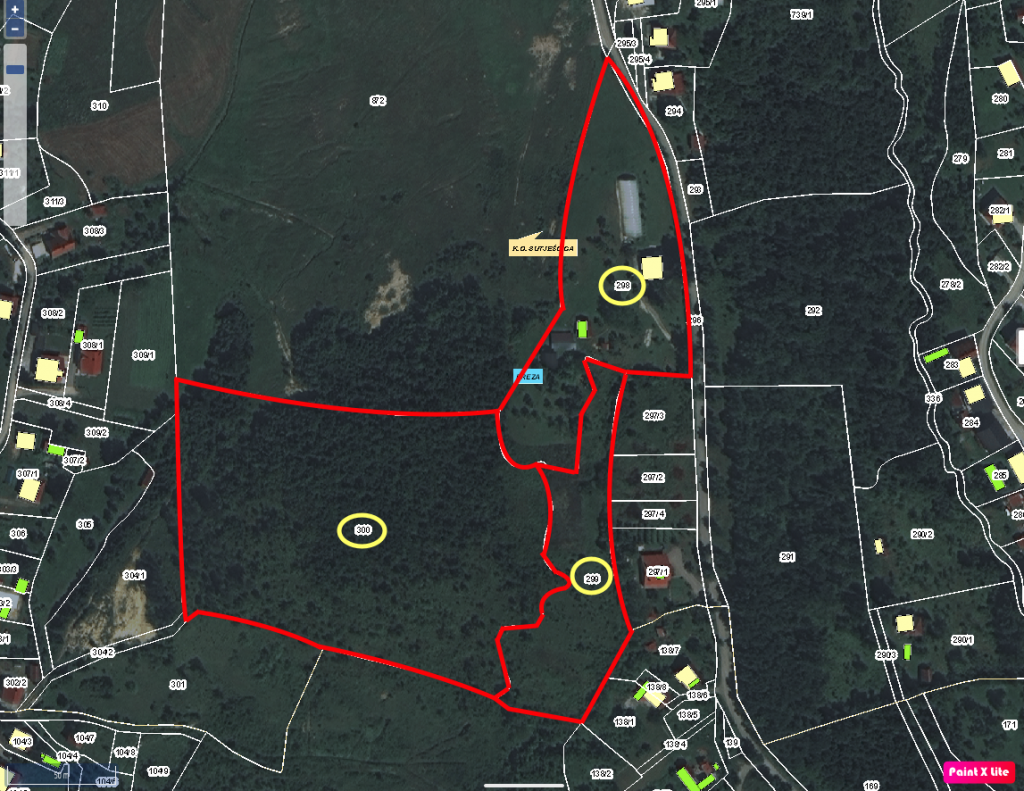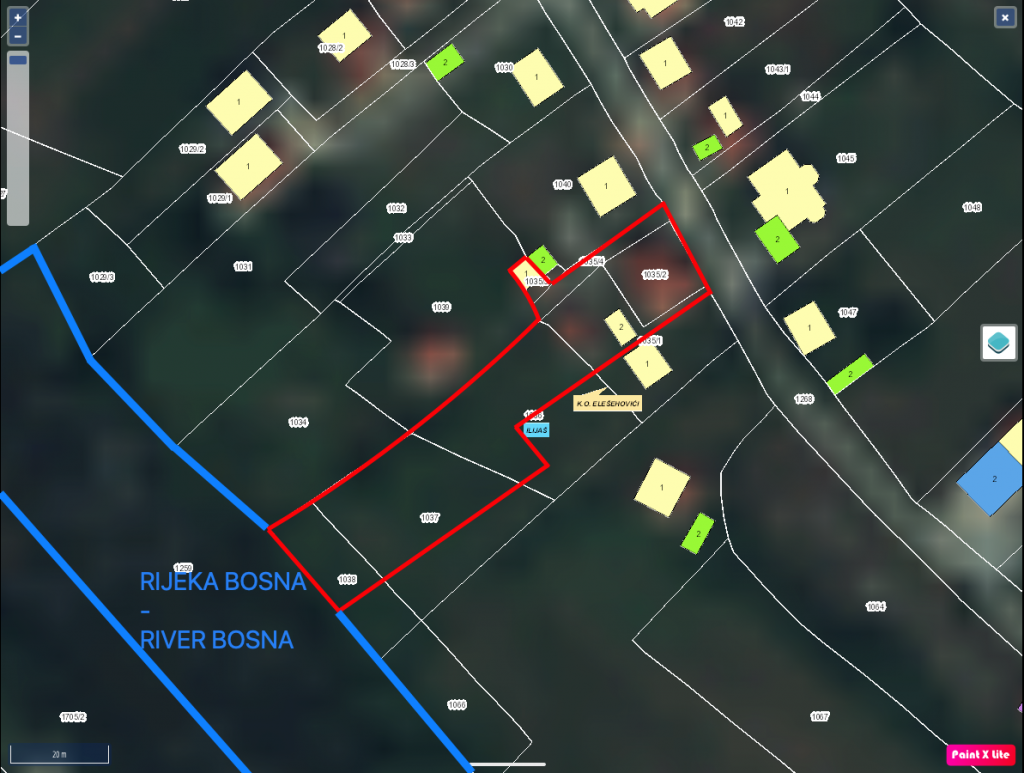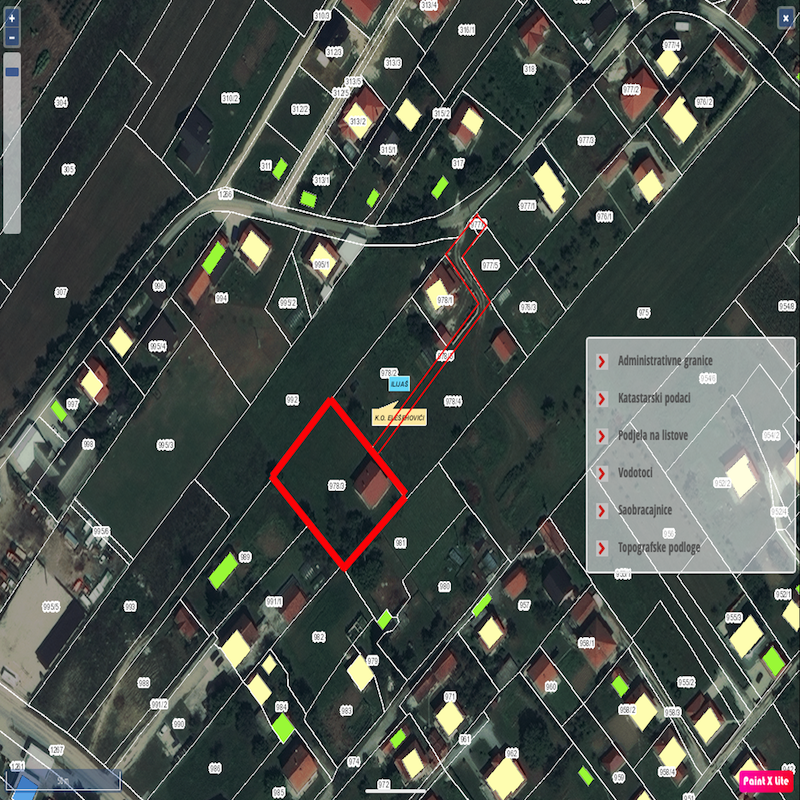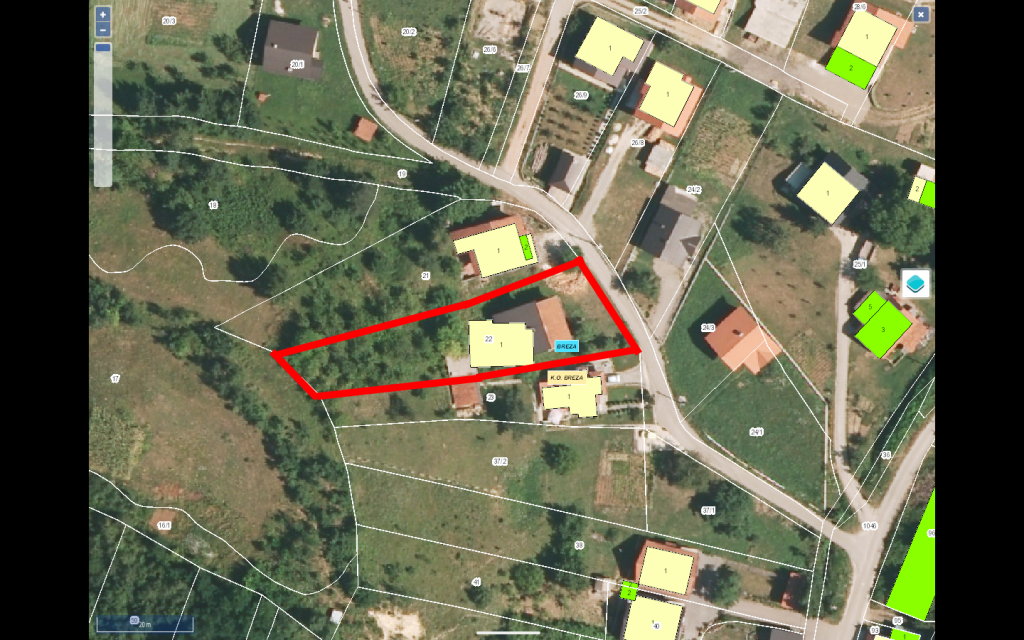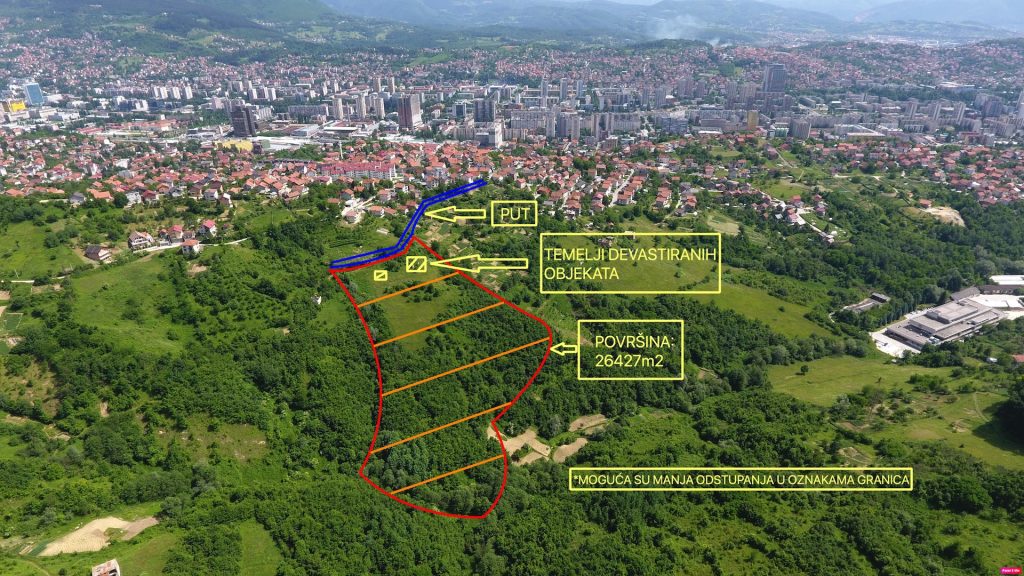Within the rapidly evolving field of data science, the demand for competent professionals continues to outpace the supply, leading to a growing gap involving the skills required by organisations and those possessed by job hunters. visit the website As organizations increasingly count on data-driven decision-making processes, the importance of individuals with expertise in data analysis, machine learning, and statistical modeling has become paramount. However , educational institutions are battling to keep pace with the growing needs of the industry, becoming a mismatch between the curriculum tutored in academic programs and also the skills demanded by recruiters.
One of the primary challenges facing schooling and training programs in data science is the quick pace of technological progression and innovation in the arena. As new tools, techniques, and methodologies emerge, teachers must continually update all their curriculum to ensure that students include the latest knowledge and skills required for success in the employees. However , the traditional academic type often lags behind market trends, leading to outdated or maybe insufficient coverage of emerging technologies and practices within data science programs.
Also, there is a lack of standardization and consistency in data technology curriculum across educational institutions, causing significant variability in the top quality and depth of training provided to students. While some programs may offer comprehensive insurance coverage of core concepts and practical skills in data science, others may focus more narrowly on particular areas or lack hands-on experience with real-world datasets and projects. This variability in curriculum content along with delivery makes it challenging for employers to assess the readiness of job candidates and may even contribute to disparities in task performance and career advancement between graduates.
Furthermore, there is a remove between academic training as well as industry expectations in terms of the technical skills, domain knowledge, and also soft skills required for achievement in data science jobs. While academic programs generally emphasize theoretical concepts along with methodological approaches, employers are usually increasingly seeking candidates that can demonstrate practical proficiency with using tools and technology commonly used in the workplace. Additionally , you will find a growing demand for data experts with domain-specific knowledge in addition to expertise in areas for example healthcare, finance, marketing, as well as environmental science, which may not possible be adequately addressed in common data science programs.
To cope with these education and coaching gaps, collaboration between academia and industry is essential to ensure that curriculum aligns with community data science job demands and industry standards. Sector partnerships can provide valuable insights into emerging trends, skill demands, and job market dynamics, allowing educational institutions to target their programs to meet the needs of employers and learners. Collaborative initiatives such as internships, co-op programs, capstone plans, and industry-sponsored research projects help students to gain practical experience, make professional networks, and acquire the ability and knowledge needed to succeed in the workforce.
Additionally , school teachers must prioritize experiential finding out and hands-on training in records science programs to ensure that scholars develop practical skills along with problem-solving abilities that are immediately applicable to real-world cases. By incorporating project-based learning, event studies, hackathons, and feinte exercises into the curriculum, pupils can gain valuable expertise working with diverse datasets, implementing analytical techniques, and conversing findings to stakeholders. On top of that, fostering collaboration and teamwork skills through group plans and interdisciplinary collaborations makes students for the collaborative character of data science work throughout industry settings.
In conclusion, addressing education and training spaces in data science uses a concerted effort from school teachers, industry stakeholders, and policymakers to ensure that curriculum aligns together with local job requirements along with industry standards. By promoting collaboration between academia along with industry, prioritizing experiential studying, and emphasizing practical capabilities and domain knowledge, schools can better prepare scholars for success in data scientific research roles and bridge the gap between education and employment in the field. As being the demand for data science authorities continues to grow, it is imperative in which educational programs evolve to meet the evolving needs on the industry and equip pupils with the skills and understanding needed to thrive in the digital age.

